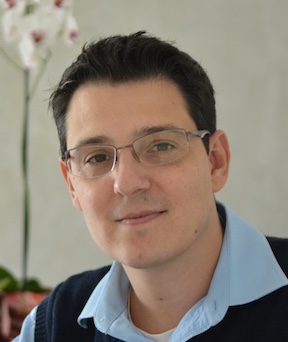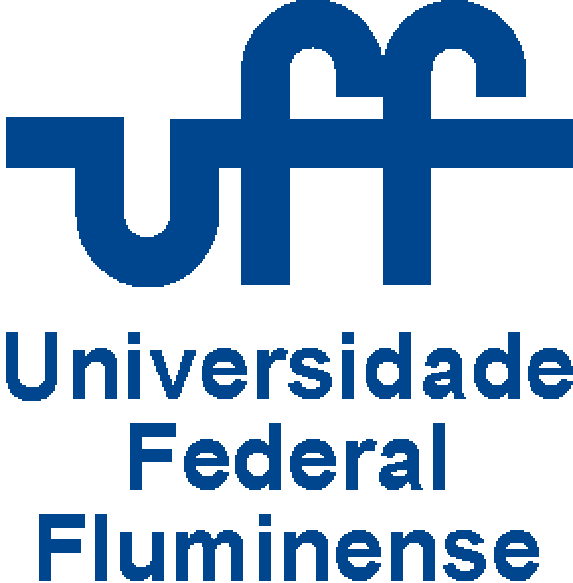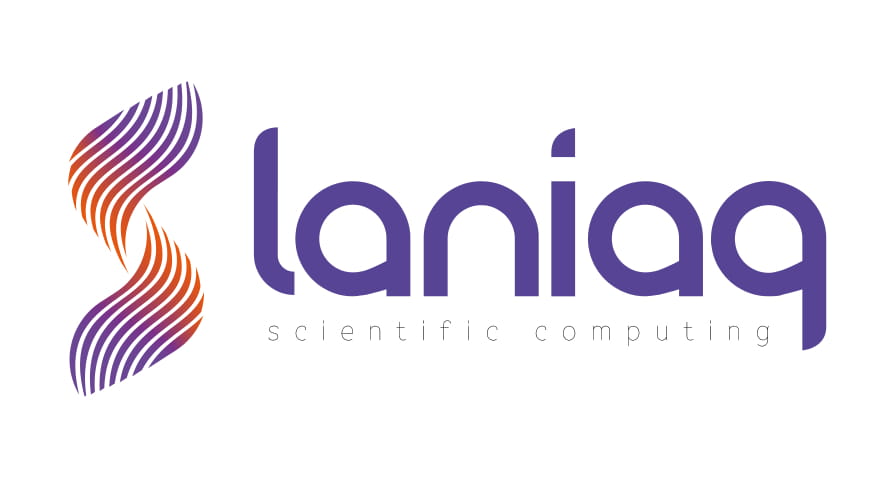
IV Escola Regional de Alto Desempenho do Rio de Janeiro
09 a 11 de Maio - UFF
Local:
Instituto de Computação - IC-UFF
Universidade Federal Fluminense (UFF)
Endereço:
Av. Gal. Milton Tavares de Souza, s/nº
São Domingos
CEP: 24210-346
Niterói - RJ
Foto divulgação : cortesia do Sr. Saint-Clair Mello.
Palestrantes Convidados

Claude Tadonki
MINES ParisTech Institute
Cristiana Bentes
Universidade do Estado do Rio de Janeiro
Alba Cristina M. A. Melo
Universidade de Brasília
Edson Borin
Universidade Estadual de Campinas (Unicamp)Edson Borin, Institute of Computing of University of Campinas (Unicamp).
Prof. Edson Borin is the head of the Computing Systems Department at the Institute of Computing, University of Campinas (Unicamp). Before joining Unicamp, in Dec. 2010, Prof. Borin was a Research Scientist at the Intel Labs, in California, where he investigated and developed dynamic compilation techniques to enhance state-of-the-art HW/SW co-designed microprocessors, including automatic binary parallelization, dynamic binary translation and optimization techniques and hardware support to accelerate single-threaded applications. During this period, Prof. Borin employed his microcode compression algorithms and tools to improve the manufacturing process of Intel microprocessors and was awarded with 4 divisional recognition awards. Prof. Borin has been applying his knowledge on modern computer architecture and compilers to accelerate existing scientific and engineering computing applications and is currently investigating techniques to facilitate the use of Cloud resources to perform high-performance computing. Prof. Borin has also been awarded with prizes from industry and academia, including best paper awards and the Zeferino Vaz award.
High-performance Computing on the Cloud
For centuries science was built upon two main pillars: theory and experimentation. In the last decades, however, advances on computing technology enabled scientists to build and model complex phenomena using high-performance computing, or HPC. As a consequence, HPC technology became one of the main pillars of modern science. High-performance computers are usually expensive and only a few research groups used to have access to this kind of technology. Nonetheless, recent advances in the cloud computing model are enabling scientists to run high-performance applications on the cloud. In this talk, I will compare the costs of executing HPC applications on the cloud and on on-premise clusters and I will discuss the challenges and opportunities for HPC on the cloud.







